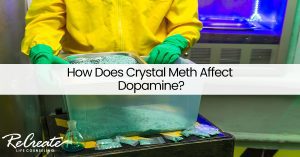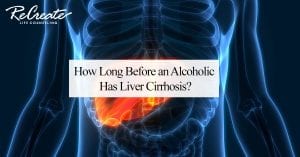

Recognized for excellence in substance abuse and behavioral health treatment by the Joint Commission

How Does Crystal Meth Affect Dopamine?
Crystal meth will have an effect on your body and your mind. It will also affect your dopamine levels, but how exactly?
Partial hospitalization Program
Partial hospitalization, also known as PHP (partial hospitalization program), is a type of program used to treat mental illness and substance abuse. In partial hospitalization, the patient continues to reside at home, but commutes to a treatment center up to seven days a week. Partial hospitalization focuses on the overall treatment of the individual and is intended to avert or reduce in-patient hospitalization.

Crystal meth is a stimulant drug that gets its name from its crystalline or crystal-like appearance. Also called ice or...

Post-Acute Withdrawal Syndrome from Suboxone
There are two main phases of drug and alcohol withdrawal – acute and post-acute withdrawal. Post-acute withdrawal is the second...

What Does Ativan Feel Like?
Ativan is a benzodiazepine that relieves feelings of anxiety but also can lead to addiction and dependence. Getting off Ativan...

How Long Before an Alcoholic Has Liver Cirrhosis?
Cirrhosis is a complication of many liver diseases characterized by abnormal structure and function of the liver. The diseases that...

